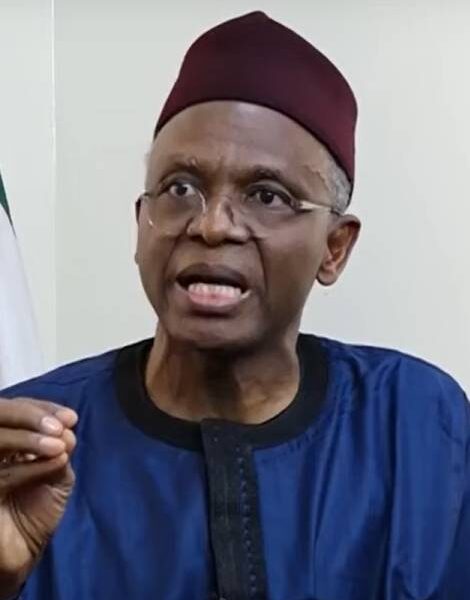Business
Nigeria Imports 99% of Medical Devices — PVAS CoordinatorBy Felix Oloyede

Nigeria depends heavily on imports for its healthcare needs, bringing in 99 per cent of medical devices, 70 per cent of essential medicines, and all of its vaccines, according to the National Coordinator of the Presidential Initiative for Unlocking the Healthcare Value Chain, Dr. Abdu Mukhtar.
Mukhtar disclosed this in Lagos during his keynote address at the Scientific Products Association of Nigeria (SPAN) Conference and Exhibition, themed “Science, Laboratory and Sustainable National Development.”
“We import 70 per cent of our essential medicines, 99 per cent of medical devices, and nearly 100 per cent of vaccines. This level of dependence is unsustainable for a country of over 250 million people,” he said.
He explained that the Presidential Initiative, launched in 2023, aims to boost local production of essential healthcare products to 70 per cent by 2030, strengthen healthcare infrastructure, reduce medical tourism, and create jobs through the growth of Nigeria’s pharmaceutical and laboratory sectors.
Mukhtar also encouraged Nigerian innovators to explore regional and continental opportunities rather than focusing only on domestic markets.
“Nigeria has 250 million people, West Africa 460 million, and Africa 1.4 billion. This represents a massive market,” he said, adding that initiatives such as the African Continental Free Trade Area (AfCFTA) and the African Medicines Agency can drive regional expansion.
He described science as essential for progress, noting that laboratories remain the foundation of innovation across vital sectors, including healthcare, agriculture, and environmental protection.
In June 2024, President Bola Tinubu signed an Executive Order eliminating tariffs, excise duties, and VAT on selected pharmaceutical inputs, machinery, and equipment to reduce production costs and encourage local healthcare manufacturing. The directive seeks to lower the prices of medical supplies and strengthen Nigeria’s competitiveness in the production of pharmaceuticals, diagnostics, syringes, and needles.
The President of SPAN, Dr. (Mrs) Kate Isa, also stressed the importance of developing home-grown scientific solutions tailored to African needs.
“Medical research from Western countries often overlooks African realities,” she said. “As the world moves towards precision and personalised medicine, we must develop our own solutions because the genes of black Africans are underrepresented in global research.”
Isa noted that Nigeria’s talented and resilient citizens, combined with modern scientific tools and artificial intelligence, can help bridge the innovation gap.
“We have intelligent and hardworking Nigerians. With the right technology and determination, we can catch up,” she added.
Also speaking at the event, Chief Kayode Bello, representing the General Manager of the Lagos State Environmental Protection Agency (LASEPA), Dr. Babatunde Ajayi, highlighted the agency’s adoption of digital systems for environmental monitoring.
“We now track air quality and noise pollution remotely, without field officers. Our laboratory is among the best in Africa,” he said, noting that the digital shift supports the conference’s vision of using science and technology for sustainable national growth.
The Senior Special Assistant to the Lagos State Governor on Basic and Secondary Education, Opeyemi Eniola, also commended the government’s investment in youth-led research.
“Students in public schools are conducting impressive research, and some have developed devices that earned them international recognition — fully funded by the state government,” he said.
Eniola added that the state is not only investing in infrastructure but also in intellectual development.
“We are not just building infrastructure; we are building minds,” he remarked.
The conference ended with a pledge to strengthen collaboration between SPAN and the Presidential Initiative, with both parties reaffirming their commitment to advancing scientific innovation and boosting local healthcare manufacturing in Nigeria.



